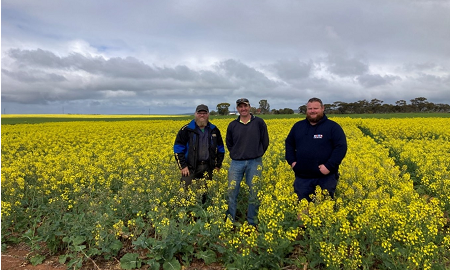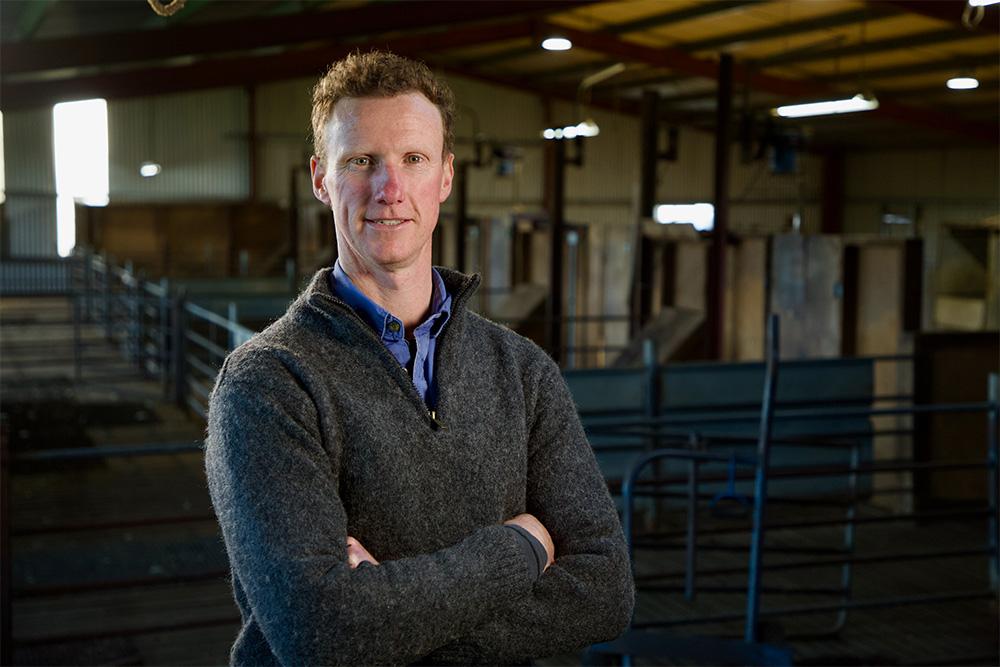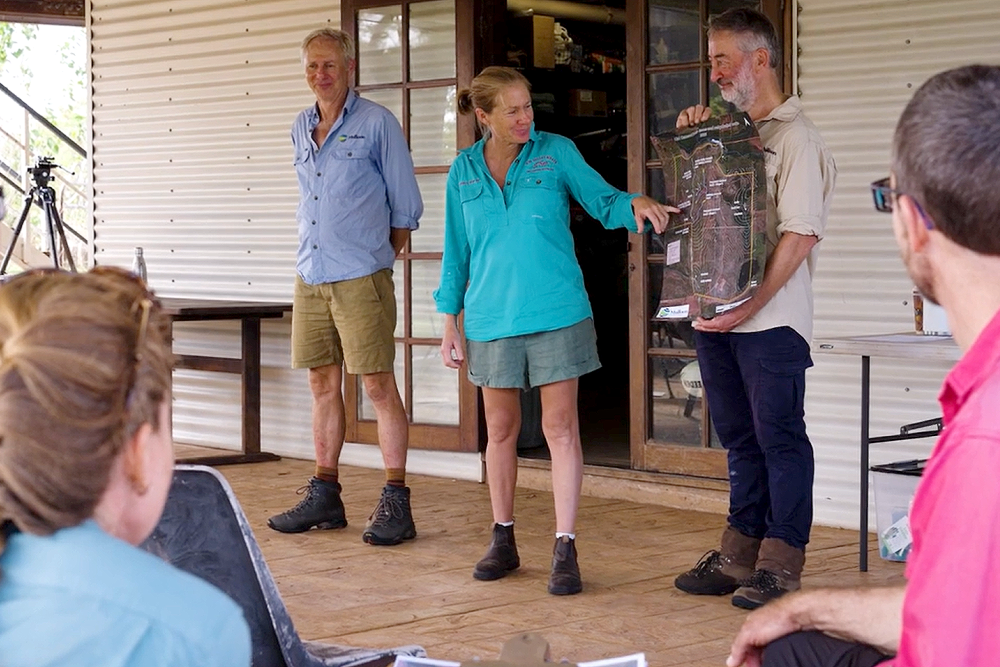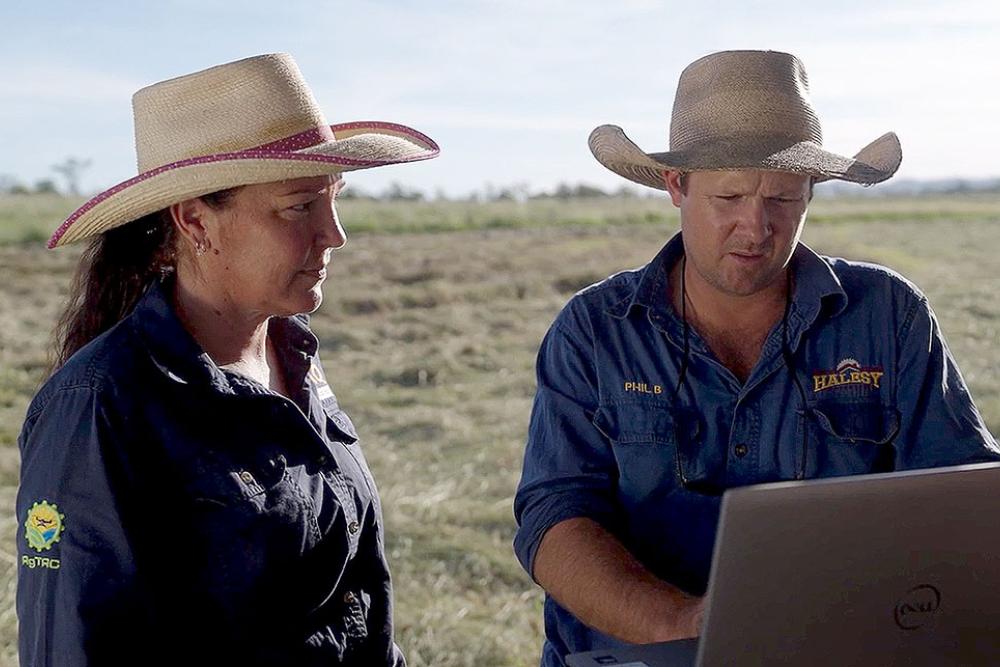Break crops of legumes or oilseeds such as canola, grown between cereal crops, can provide important additional income for farmers and support integrated disease and weed management.
Sowing timing is a key consideration, with farmers often waiting for season-opening rains before planting these crops. This is based on the perception that establishing crops in dry conditions presents unacceptable risks.
In years when rains arrive late, growers may lose the opportunity to maximise a break crop's full potential.
In 2021, a delayed start to the season in the Murray Plains region meant many growers did not plant canola crops and therefore missed out on selling into a booming market.
To reduce these risks, growers need strategies for successful dry planting.
The Murray Plains Farmers, who are supported by the Future Drought Fund’s South Australian Drought Hub, established an ‘Improving canola establishment in dry conditions' demonstration trial in 2022.
This not-for-profit farming systems group covers the broadacre farming region between the Murray River and the eastern Adelaide Hills.
The trial has been designed to support the specific needs of Murray Plains Farmers grower members, who often face dry starts to the growing season, and aims to develop improved approaches to managing canola in dry conditions.
It focuses on dry seeding, as well as agronomic practices that maximise return on investment for canola crops.
’The trial results will improve growers' understanding of agronomic management practices such as time of sowing, fertiliser strategy and sowing rate’, said MPF committee member Deanna Lush, whose farm provides the trial site.
‘This will feed into strategies to improve canola establishment in dry conditions and ultimately underpin drought-resilient farming systems in low rainfall environments.’
Trial results will be shared with growers through a series of field visits and community forums.




